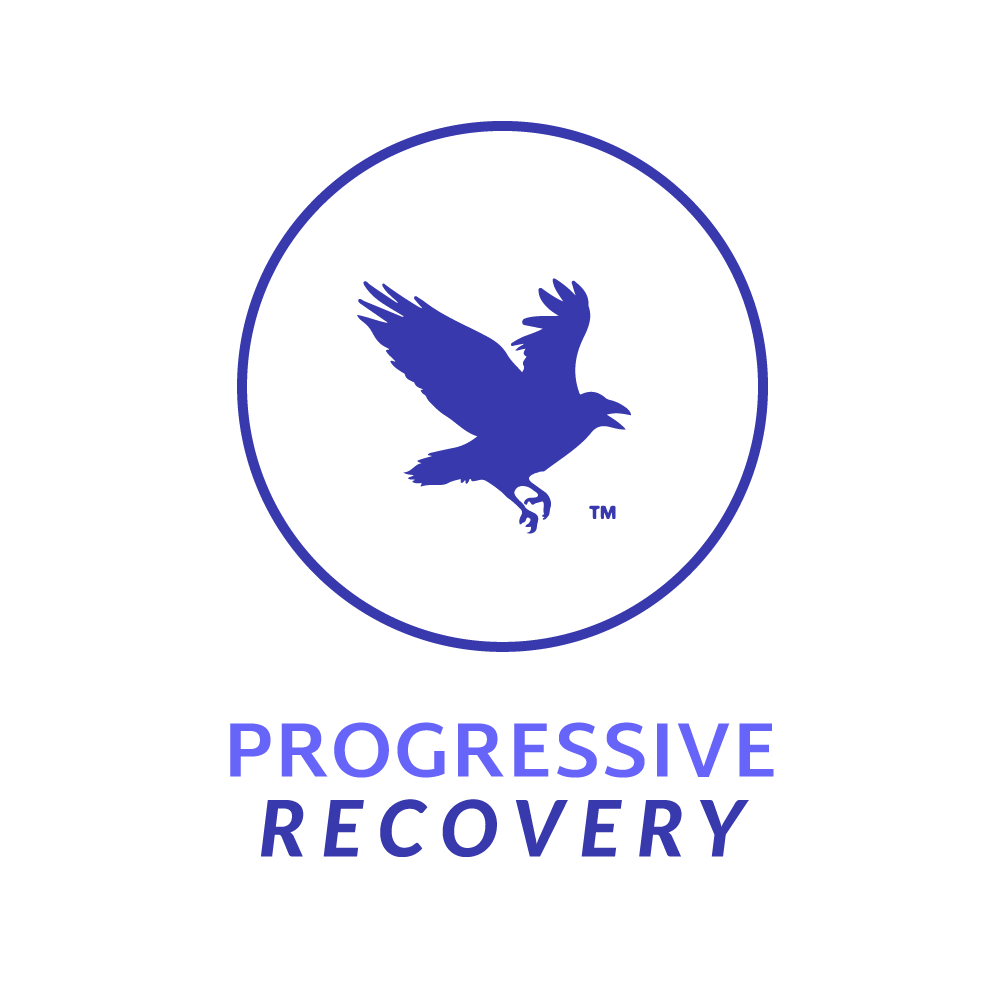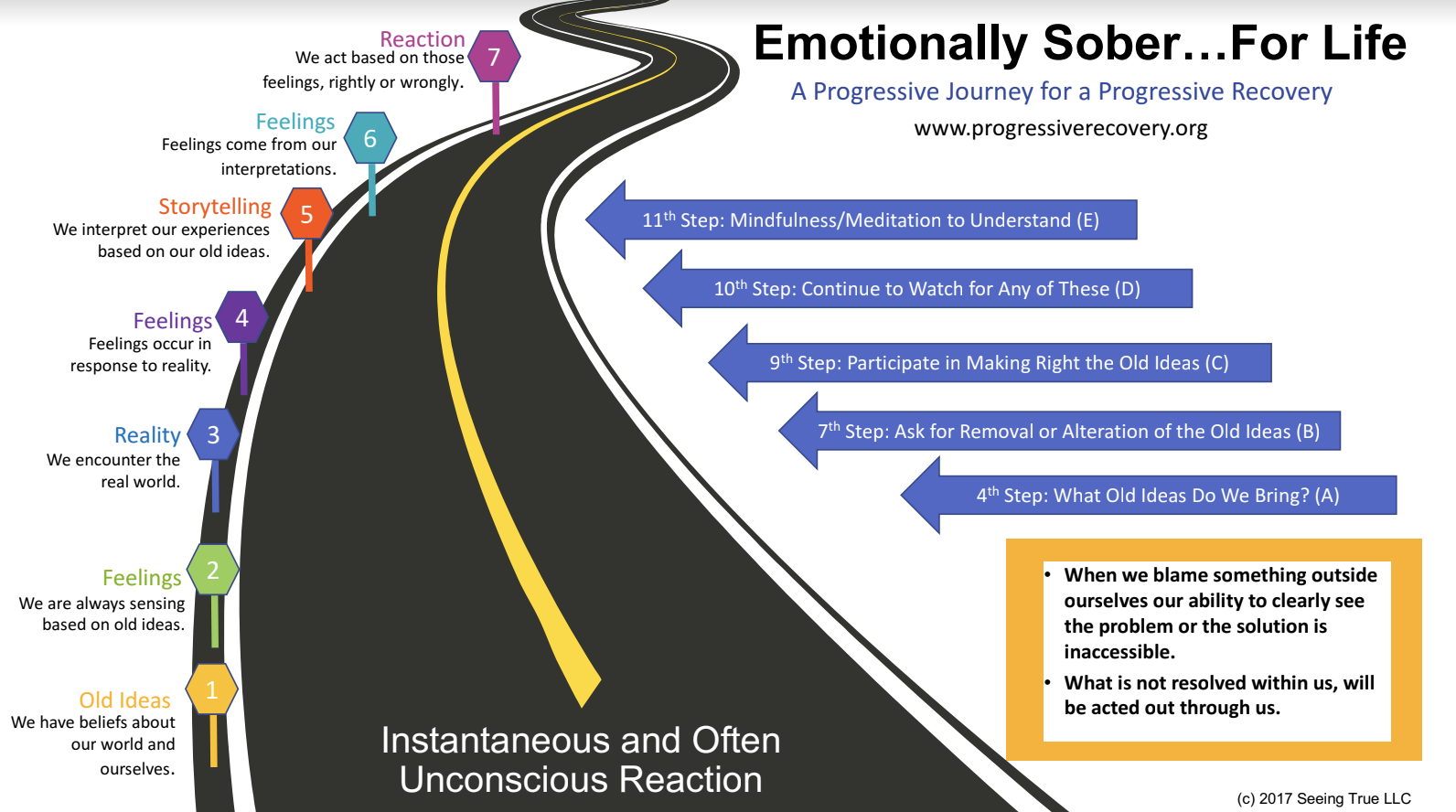A Progressive Understanding of the Way of the Twelve Steps
As our recovery lengthens and deepens, many of us find we likewise deepen our understanding and practice of the Twelve Steps. Of course that would be the case. With each day, each step, each year through which our recovery advances, it’s very reasonable to expect our approaches to recovery to evolve. Not surprisingly, the challenges we face in living sober often become different. Here’s a little summary of our understanding of a progressive practice of the Twelve Steps.
Initially, we rightly focus on our bad behavior, our glaring personality problems, and the breakdowns in our lives including any number of relationship difficulties. So too are we dealing with our guilt and our shame, which are entangled with those problems that brought us into recovery. Needless to say, we are hard pressed to make progress without first getting done with the drink, the drug, or the addiction. For some time this works exceptionally well for many of us.
However, it is not uncommon for us to continue to be dogged by challenges in our behavior, relationships and lives. If we persist in applying the practices of recovery, we are likely to begin to see that there are underlying patterns. At some point, someone may direct us to familiar language. “Many of have tried to hold on to our old ideas, and the result was nil until we let go absolutely.” And, “Invariably we find that at some time in the past we have made decisions based on self that have placed us in a position to be harmed.” At this moment we have an opportunity to look at the Twelve Steps much differently. That is what our Emotional Sober … For Life graphic depicts.
We begin to see that our behavior and the lives that we live are in fact created or driven by how we see and interpret the world. If we think others are here to meet our needs, we invariably find relationship problems. If we discover underlying traumas, both large and small, we begin to see those wounds influencing everything to which we are oriented. If we believe in our heart of hearts that we are deficient or inadequate, we realize we are living small as a self-protective strategy.
In short, we find that our beliefs and perceptions are leading us astray, or that unhealed inner wounds block us off from possibility and potential. Much to our surprise, we may realize that much of that upon which we have focused are symptoms, that beneath these are the “causes and conditions” that the Big Book proposes are the root of our alcoholism or addiction.
It is then, that we may seek a therapist to deepen our psycho-spiritual investigations. Or we may find we need a sponsor or mentor who can take us in new directions with our recovery. Or we may turn to other spiritual or religious practices and disciplines in order to get at these underlying factors.
One of the most beautiful learnings in years of recovery is that there are many ways to be healed, and many ways to advance our recovery. The first requirement seems always to be that we must realize we need more of a solution. Not that our recovery work to date has failed, instead it brings us to new degrees of recovery.
Therein lies our encouragement. (Imagine that … to be en-couraged!) So too does our experience, strength and hope confirm that recovery is not a resting place or safe haven, though it may provide both. Instead it is a launching pad. What we are called to is a psychic change. Once old ideas and decisions based on self are revealed, and once inner healing comes, our selves, our lives, and our worlds change.
“You can trust recovery. You can trust the process.”
~ Sam D.

